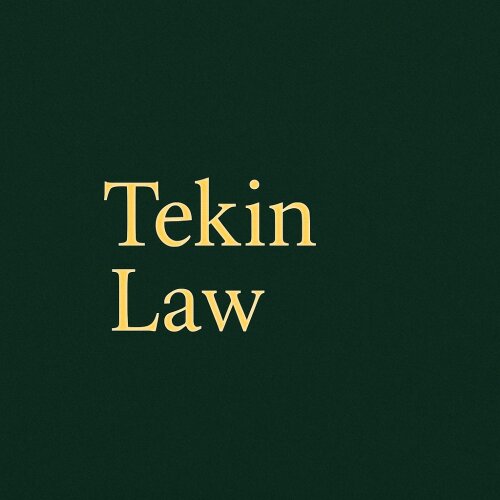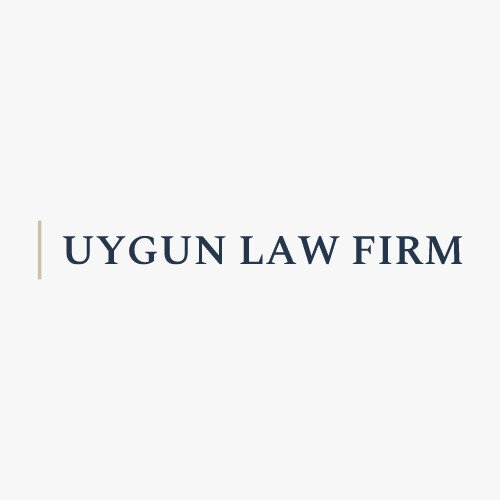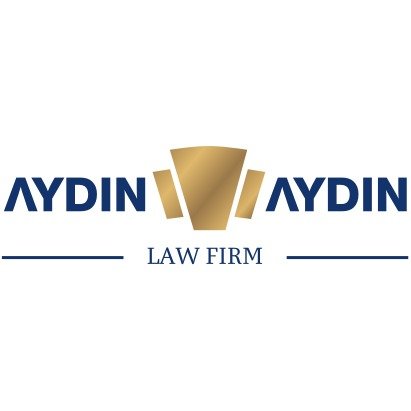Best Equity Capital Markets Lawyers in Istanbul
Share your needs with us, get contacted by law firms.
Free. Takes 2 min.
List of the best lawyers in Istanbul, Turkey
Legal guides written by Tekin Law Firm:
- Arbitration in Turkey
About Equity Capital Markets Law in Istanbul, Turkey
Equity Capital Markets (ECM) law in Istanbul, Turkey focuses on the legal framework surrounding the issuance, buying, and selling of shares and other equity instruments in the Turkish financial markets. Istanbul is the country’s financial center, home to Borsa Istanbul, the main stock exchange. Turkish ECM activity involves initial public offerings (IPOs), rights issues, secondary offerings, block trades, and private placements. These transactions are regulated to promote market efficiency, transparency, and investor protection. Both domestic and international participants operate under strict rules to ensure fair and orderly trading.
Why You May Need a Lawyer
Navigating the ECM environment in Istanbul can be complex due to evolving regulations and multifaceted transaction structures. You may need a lawyer in various situations, such as:
- Planning or executing an IPO on Borsa Istanbul
- Carrying out a secondary offering or rights issue
- Drafting, reviewing, or negotiating share purchase agreements
- Ensuring compliance with Turkish Capital Markets Board (CMB) rules
- Conducting due diligence for mergers and acquisitions involving listed companies
- Responding to regulatory investigations or inquiries
- Managing disclosure obligations for public companies
- Handling equity-linked instruments like convertible bonds or warrants
An experienced ECM lawyer can help you navigate legal requirements, mitigate risk, and facilitate smooth completion of complex transactions.
Local Laws Overview
Equity Capital Markets in Istanbul are primarily regulated by the Turkish Capital Markets Law No. 6362 and supervised by the Capital Markets Board (CMB). Key local law features include:
- Regulator: CMB oversees ECM activity and ensures market transparency, investor protection, and proper conduct.
- Public Offerings: Any public offering of shares must be registered with CMB and Borsa Istanbul, with strict disclosure and prospectus requirements.
- Continuous Obligations: Listed companies are subject to ongoing disclosure and reporting duties, including material events and financial statements.
- Insider Trading: Turkish law prohibits insider trading and requires listed companies to maintain insider lists.
- Takeover Rules: Acquisition of significant share percentages in listed companies may trigger tender offer obligations to protect minority shareholders.
- Corporate Governance: Rules set by the Turkish Commercial Code and CMB Communiqués outline detailed governance requirements for public companies.
These regulations are regularly updated to align with international best practices and EU harmonization efforts.
Frequently Asked Questions
What is an initial public offering (IPO) in Turkey?
An IPO is the process by which a private company offers its shares to the public for the first time on Borsa Istanbul. It requires CMB approval and the preparation of a prospectus detailing the company’s financial condition and risks.
Who regulates ECM transactions in Istanbul?
The Capital Markets Board (CMB) is the main regulator for ECM transactions in Turkey, enforcing rules and overseeing market activities.
What documents are needed for a public offering?
A company must prepare a prospectus, audited financial statements, board resolutions, and various forms required by CMB and Borsa Istanbul.
Are there specific laws on insider trading?
Yes, Turkish Capital Markets Law strictly prohibits insider trading and mandates public disclosure of inside information to maintain market integrity.
Do foreign investors face restrictions in Turkey’s ECM?
Generally, there are no significant restrictions on foreign investors trading Turkish equities, but some sectors may have limitations, and anti-money laundering checks apply.
What is the role of due diligence in ECM transactions?
Due diligence ensures that all material information about a company is disclosed accurately, helping prevent misstatements and potential liabilities in ECM transactions.
What are ongoing reporting obligations for Turkish public companies?
Public companies must regularly disclose financial results, significant events, and changes in shareholding to both CMB and Borsa Istanbul, often within strict timelines.
What happens if a company breaches ECM regulations?
Violations may result in fines, suspension of trading, liability for damages, or criminal sanctions for responsible individuals.
How are secondary offerings different from IPOs?
A secondary offering involves the sale of additional shares by an already listed company, unlike an IPO which marks a company’s initial listing on the stock exchange.
When is a mandatory tender offer required?
Acquisition of shares that give control over a listed company often triggers a legal obligation to make a tender offer to remaining shareholders, ensuring their equal treatment.
Additional Resources
Several organizations and government bodies provide further guidance and support on ECM matters in Istanbul:
- Capital Markets Board of Turkey (CMB) - the primary regulator
- Borsa Istanbul - the main stock exchange for equity listings
- Turkish Ministry of Treasury and Finance - policy maker in financial markets
- Union of Chambers and Commodity Exchanges of Turkey (TOBB) - support for businesses
- Local bar associations and legal societies
Visiting their official websites or contacting their helpdesks can give you up-to-date regulations, application forms, and further information on ECM procedures.
Next Steps
If you are considering an equity capital markets transaction or facing regulatory or compliance issues in Istanbul, it is crucial to seek qualified legal advice. Start by gathering all relevant documents related to your intended activity. Identify law firms or legal consultants with strong ECM experience in Turkey. Arrange an initial consultation to discuss your needs, objectives, and any deadlines. Being proactive ensures compliance with local regulations, minimizes risk, and helps you achieve a successful transaction or resolution. For more complex matters, consider continuous legal support to stay updated on the frequent changes in Turkish ECM regulations.
Lawzana helps you find the best lawyers and law firms in Istanbul through a curated and pre-screened list of qualified legal professionals. Our platform offers rankings and detailed profiles of attorneys and law firms, allowing you to compare based on practice areas, including Equity Capital Markets, experience, and client feedback.
Each profile includes a description of the firm's areas of practice, client reviews, team members and partners, year of establishment, spoken languages, office locations, contact information, social media presence, and any published articles or resources. Most firms on our platform speak English and are experienced in both local and international legal matters.
Get a quote from top-rated law firms in Istanbul, Turkey — quickly, securely, and without unnecessary hassle.
Disclaimer:
The information provided on this page is for general informational purposes only and does not constitute legal advice. While we strive to ensure the accuracy and relevance of the content, legal information may change over time, and interpretations of the law can vary. You should always consult with a qualified legal professional for advice specific to your situation.
We disclaim all liability for actions taken or not taken based on the content of this page. If you believe any information is incorrect or outdated, please contact us, and we will review and update it where appropriate.

















